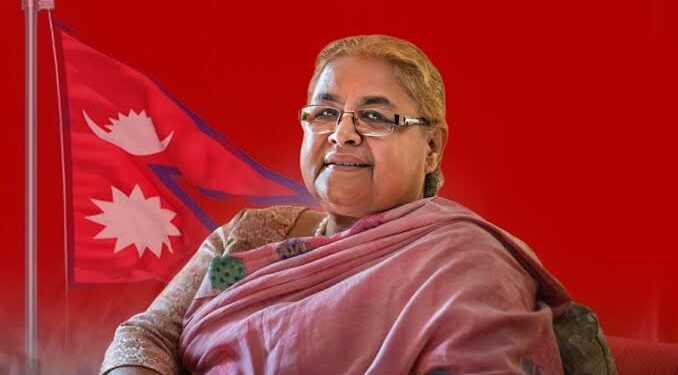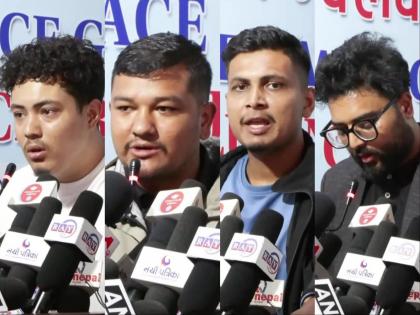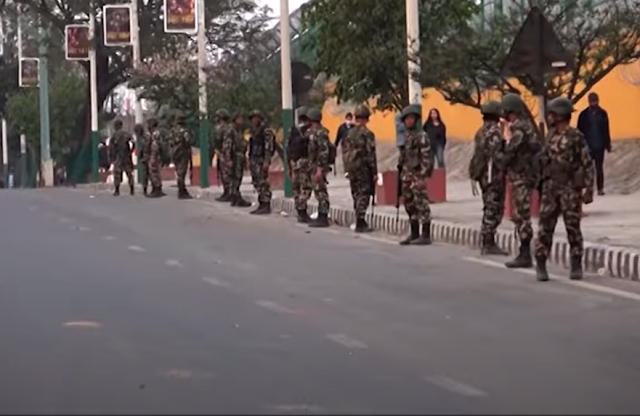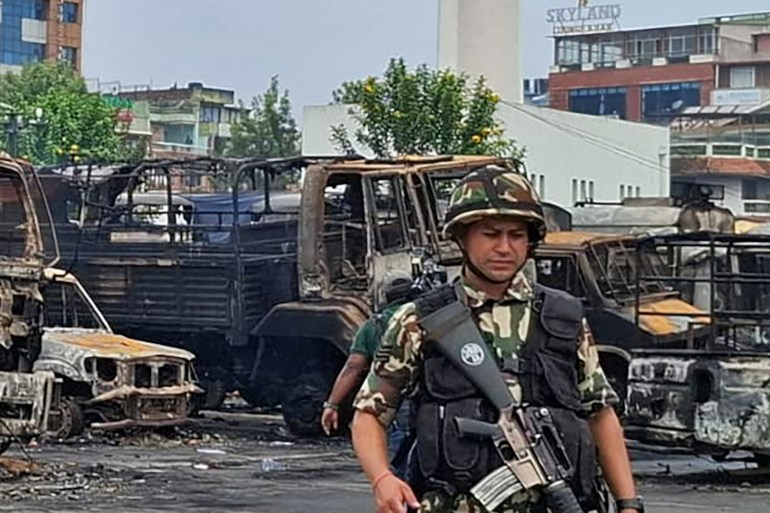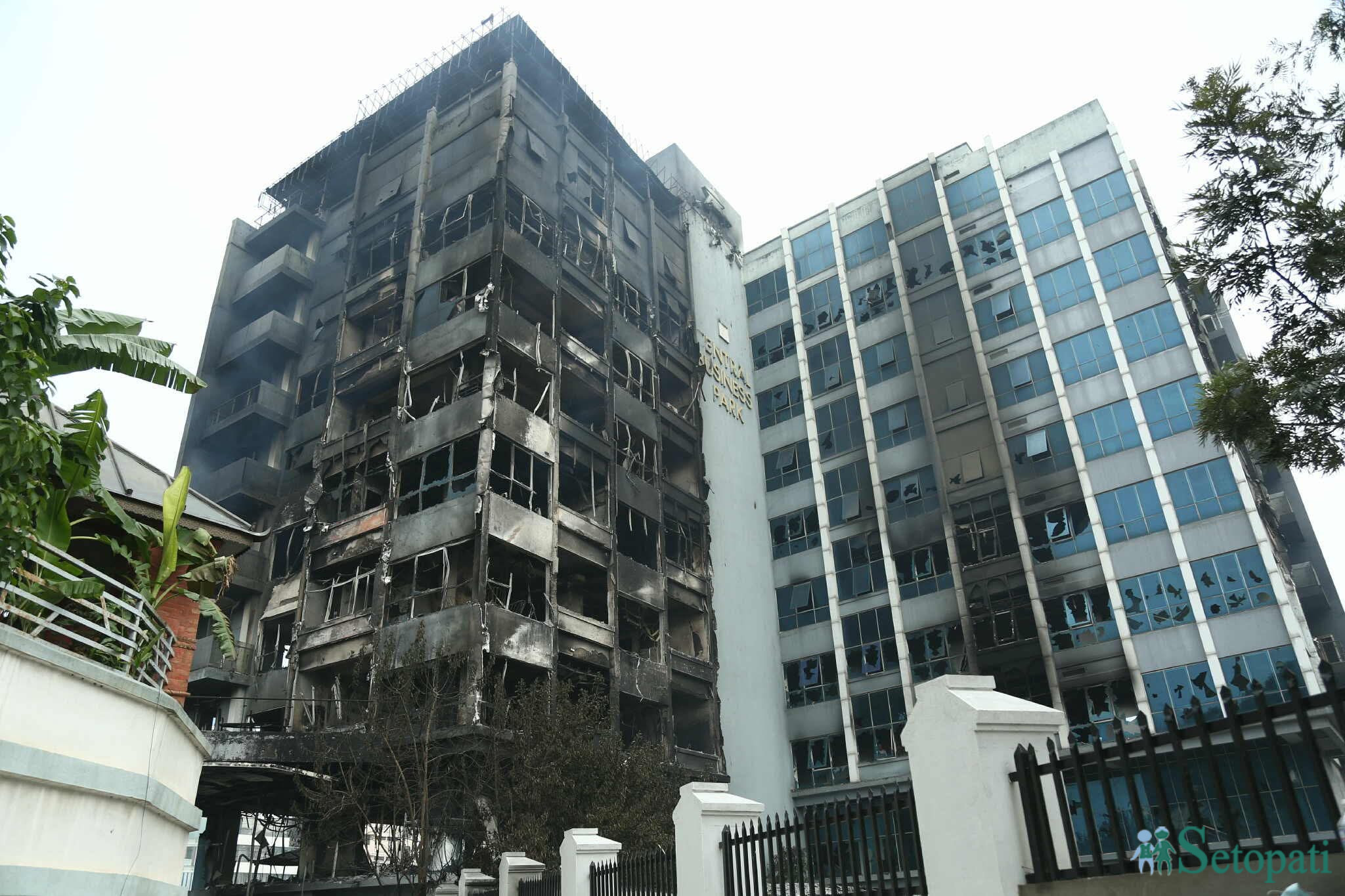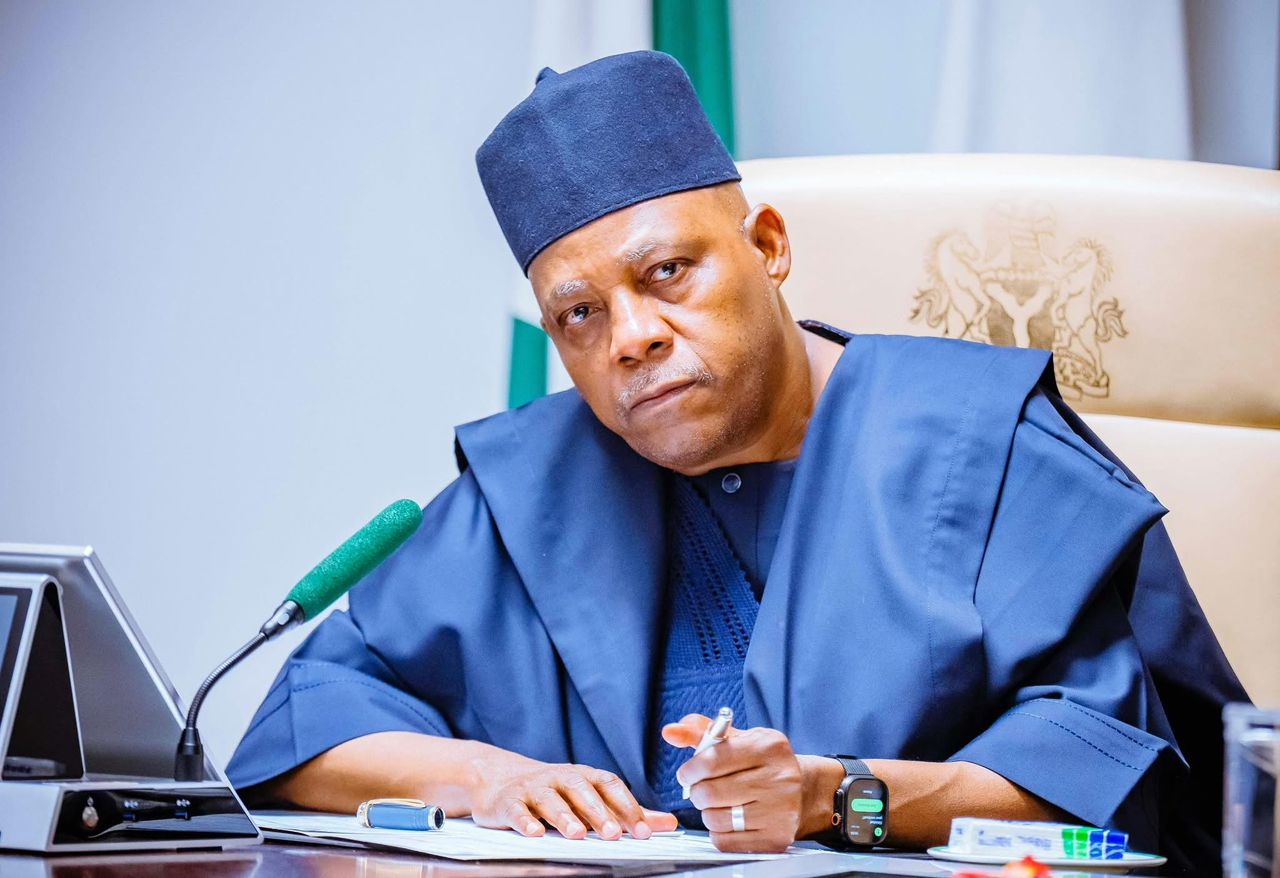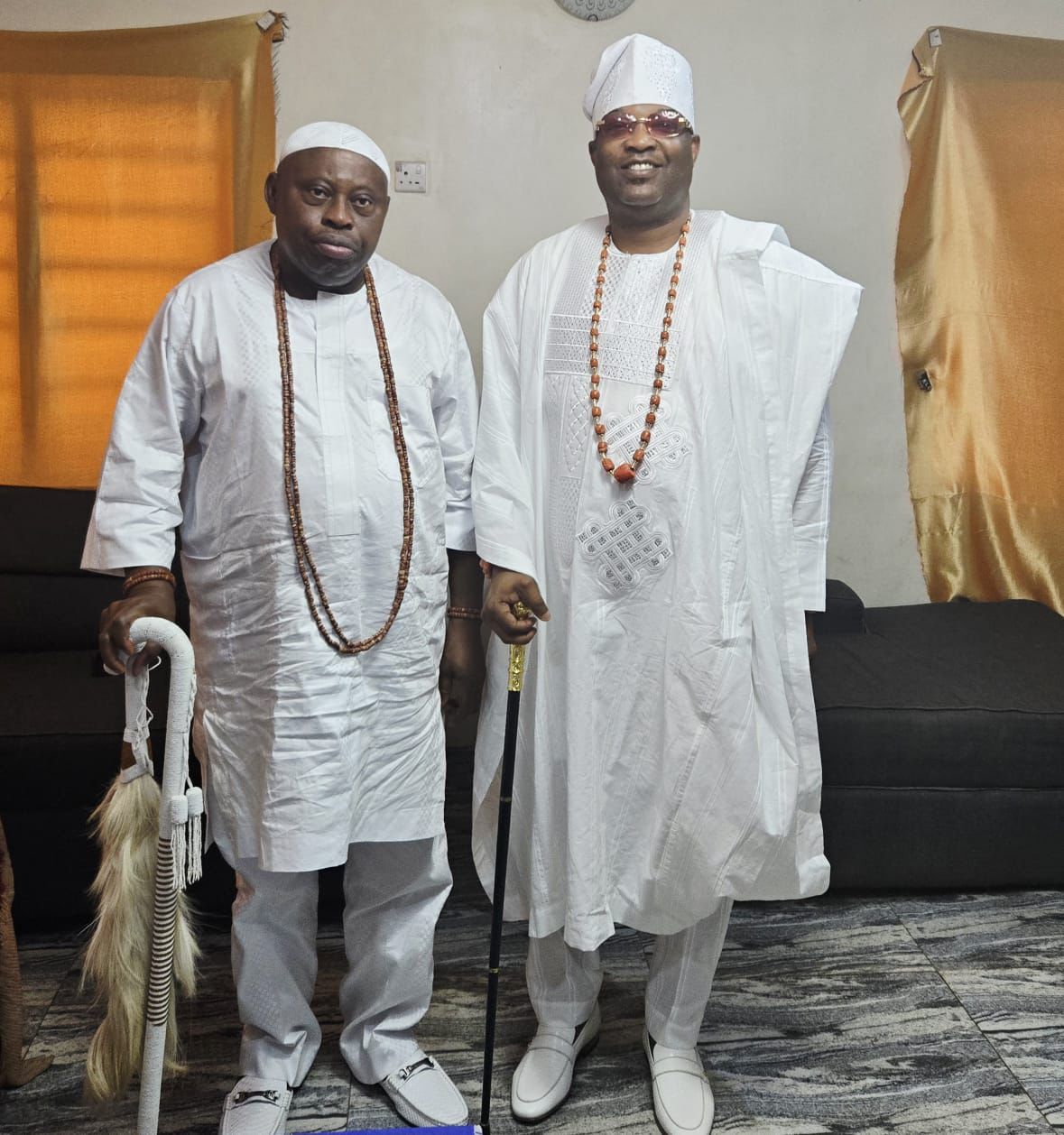KalimNews | September 11, 2025 | Kathmandu : As Nepal’s political crisis deepens and the search for a new interim government intensifies, the Unified Front of Gen Z—the coalition claiming to represent the majority of youth protestors—has issued a forceful warning against attempts to hijack the movement in favor of monarchical revival and foreign interference, particularly from India.
In a strongly worded statement published on their official website (genznepalofficial.com), the Unified Gen Z Front made it unequivocally clear: “We do not want the king. We do not need India. We do not want their Hindutva agenda.”
This message adds a new layer of urgency and political clarity to what began as a decentralized youth-led protest against corruption, state failure, and unaccountable leadership. Now, Gen Z leaders are warning that external actors and domestic royalist groups are attempting to exploit the movement to push a pro-monarchy, pro-Hindutva narrative in Nepal.
Accusations of Manipulation and Propaganda
In their digital statement, the Unified Gen Z Front disclosed that propaganda materials—videos, reels, and newsletters glorifying the monarchy—have been strategically disseminated to manipulate public sentiment, especially among younger protestors unfamiliar with the historical record of the monarchy’s authoritarian past.
“We think we just started our Discord group just now. We think we are organized. WE ARE NOT. WE WERE NOT. Look at the screenshots. Look at their strategy,” the post reads, accusing pro-royalist groups of infiltrating the movement from its early days.
According to the Unified Front, these groups have weaponized national pride and nostalgia, particularly targeting those who have not lived through the monarchy’s oppressive years, to build momentum for a royal comeback under the guise of a youth uprising.
The statement accuses former King Gyanendra Shah of aligning with Hindu fundamentalist forces both inside Nepal and in neighboring India, specifically naming Indian political figure Yogi Adityanath as emblematic of that influence. It alleges that the Lipulekh border controversy was used as a pretext for regional powers to engineer political changes in Nepal, removing figures like Arzu Rana Deuba and KP Sharma Oli to create a vacuum exploitable by royalist interests.
Call for Unity Against Geopolitical Manipulation
The Unified Gen Z Front has urged protestors to remain vigilant and not fall for divide-and-rule tactics. According to the statement, royalist and external actors are attempting to “defame and discredit the people you have trusted before,” in an effort to fracture the unity of the Gen Z-led movement. “Guys, we need to be united. They are playing a classic divide-and-rule game. Ask why all this defamation is happening now.”
The movement warns that India’s push for a Hindutva-aligned regime in Nepal is an attempt to shift the nation’s secular and democratic identity toward a theocratic, pro-monarchy direction. The letter stresses that Nepal’s internal struggle should remain free of foreign agendas, particularly those aimed at undermining the values of secularism, federalism, and inclusion enshrined in the current constitution.
“We cannot let regional geopolitics and India’s need to be politically dominant in the region seep into our movement. We do not want the King.“
Context: Gen Z’s Broader Political Vision
This latest warning supplements the official letter to former Chief Justice Sushila Karki, in which the Unified Gen Z Front requested her leadership of a transitional government. Their demands focus on institutional reforms, anti-corruption measures, transitional justice for protest victims, and meaningful youth participation in governance.
Notably, they reaffirmed their support for Nepal’s constitutional republic, including secularism and the protection of marginalized communities—clearly distancing themselves from any effort to return to monarchy or abandon democratic norms.
Despite growing calls for the dissolution of Parliament within Gen Z circles, the Unified Front clarified that such matters require deeper constitutional deliberation and are not being prioritized in their current demands.
The Battle for Narrative and Power
This latest development indicates that the Gen Z movement, while youthful and digitally organized, is also politically astute—capable of identifying and rejecting attempts to co-opt their cause. The movement is no longer just about change; it’s about ensuring that change doesn’t come at the cost of hard-won democratic values.
As negotiations for an interim government continue, the question remains: Can the Gen Z movement remain united and focused, or will external forces and opportunistic actors fracture its momentum?
For now, the Unified Front of Gen Z has drawn a firm red line: No monarchy. No Hindutva. No foreign manipulation. Just a new, just, and inclusive Nepal
Appeal to CJ Sushila Karki
As Nepal continues to reel from the widespread Gen Z-led protests that have shaken the country’s political and institutional foundations, the newly formed Unified Front of Gen Z—a coalition claiming to represent all major Gen Z groups across the nation—has issued an official letter to former Chief Justice Sushila Karki, urging her to assume leadership of an interim government during what they describe as a critical transitional period.
The letter, delivered amidst high-stakes negotiations involving President Ramchandra Paudel and the Nepal Army, outlines both the gravity of the current national crisis and the Gen Z movement’s vision for a new political direction rooted in transparency, justice, and inclusive governance.
Call for Emergency Leadership and Reforms
Citing the resignation of Prime Minister KP Sharma Oli and numerous Members of Parliament, the Unified Front of Gen Z stated that the country now stands at a historical juncture where the demand for leadership has become an urgent national necessity. The letter notes the loss of over 34 lives during the two-day protests earlier this week and the destruction of critical public infrastructure, including government buildings and archives.
“In this emergency situation, we turn to you,” the letter reads, addressing Karki. “We seek your leadership, not merely to fill a political vacuum, but to guide the nation through a time of constitutional, structural, and moral reconstruction.”
The Gen Z coalition has emphasized that their demands are not only political but deeply rooted in the constitutional values of federalism, republicanism, secularism, equality, inclusion, and the protection of marginalized communities. While reaffirming their commitment to Nepal’s democratic constitution, they express disappointment at what they describe as a lack of proactive leadership from President Paudel, prompting them to look toward an independent, competent figure to lead the transitional government.
Three-Point Charter of Demands from Gen Z
The Unified Gen Z Front has laid out a comprehensive three-point list of demands, which they say are based on months of grassroots consultations and recent documents and press releases published by affiliated youth groups:
-
Formation of an Interim Government and Merit-Based Leadership
-
The Gen Z groups call for a non-political transitional government led by independent and capable individuals.
-
The letter demands that all ministerial and representative positions be filled based on merit and qualifications, not political affiliation or influence.
-
A commitment to holding general elections within six months is also requested, ensuring a return to democratic normalcy under reformed leadership.
-
-
Accountability, Anti-Corruption Measures, and Justice
-
There is a unified demand for impartial investigations into systemic corruption, the freezing of assets belonging to corrupt leaders, and the repatriation of embezzled public funds.
-
The movement also calls for full transparency in party finances and a crackdown on entrenched corrupt practices.
-
To honor the protesters who died during the movement, Gen Z demands they be declared national martyrs, with families receiving compensation and free medical care for the injured.
-
They also urge that criminal infiltrators within the protests be prosecuted without delay.
-
A neutral or international fact-finding body should be formed to investigate state violence during the protests and ensure justice for victims.
-
-
Youth Participation in Governance
-
The movement demands meaningful and decision-making roles for young people in both the transitional phase and in the future political process.
-
While many Gen Z factions have advocated for the dissolution of Parliament, the Unified Front clarified that the issue requires further constitutional deliberation due to a lack of clear provisions for such action in the current context.
-
A Unified Gen Z Voice Amid Competing Claims
The emergence of the Unified Front of Gen Z comes amid internal competition among several youth factions—each claiming to have been at the forefront of the protests. This letter is also seen as an attempt to consolidate legitimacy and present a single, unified negotiating body in talks with state authorities, including the President and the Army.
The Unified Front asserts that it has successfully integrated Gen Z groups from diverse regions and backgrounds under one umbrella, strengthening its claim to be the genuine voice of the movement. Their leadership team is reportedly involved in the high-level negotiations currently taking place in Kathmandu.
A Pivotal Decision for Karki
Former Chief Justice Sushila Karki, known for her past reputation as a reformist and her tenure as Nepal’s first female Chief Justice, now finds herself at the center of the country’s political recalibration. Backed by the Gen Z coalition and supported by influential figures like Kathmandu Mayor Balen Shah, Karki is widely seen as a neutral and capable candidate to lead the interim administration.
With the nation demanding urgent reform, the potential appointment of Karki could serve as a turning point in Nepal’s democratic trajectory—one that could either restore public trust in governance or plunge the country deeper into uncertainty if mishandled.
The days ahead will determine whether Nepal’s fractured leadership can align with the youth-led call for change—or whether the Gen Z uprising becomes yet another missed opportunity in the country’s long and turbulent journey toward stable governance.


